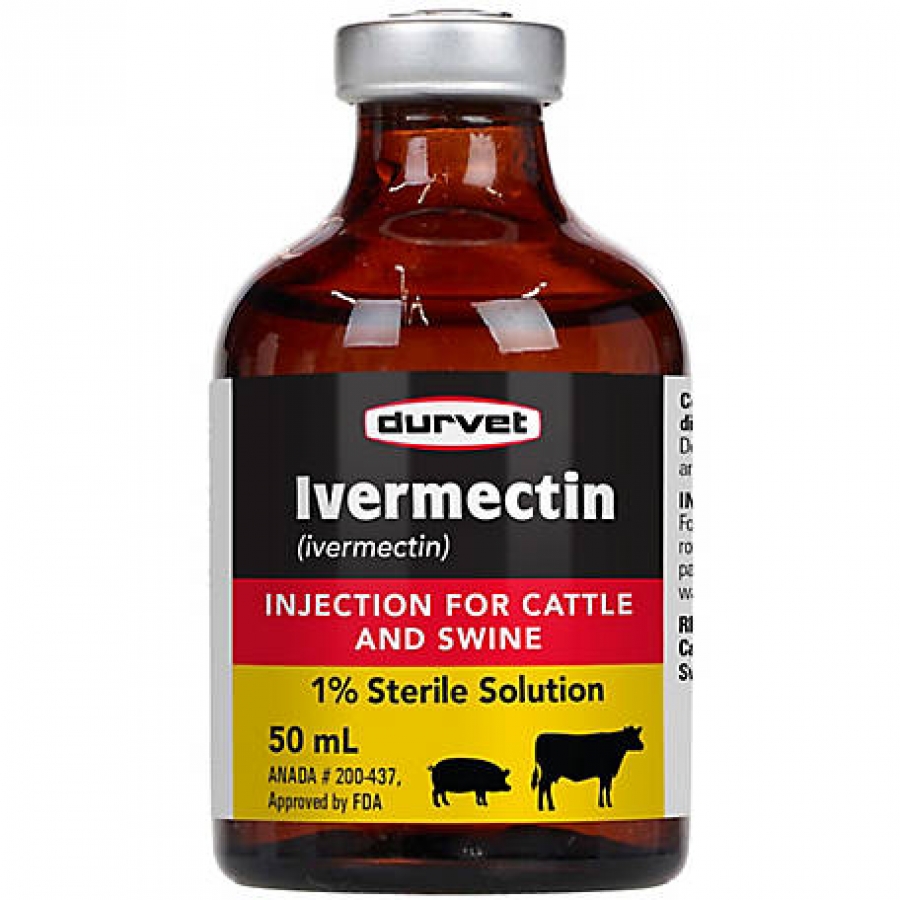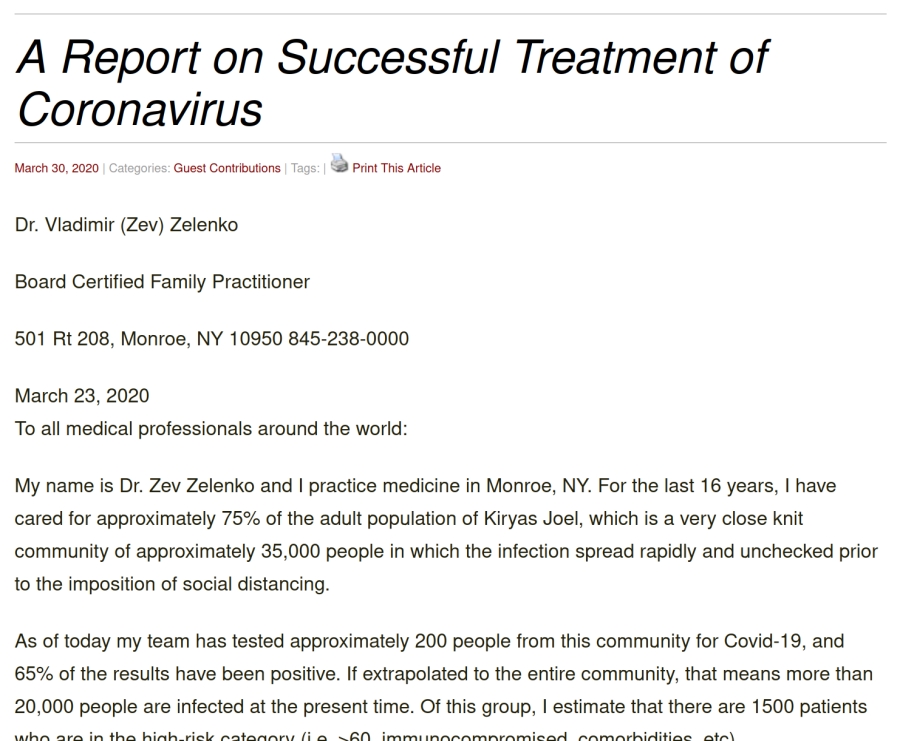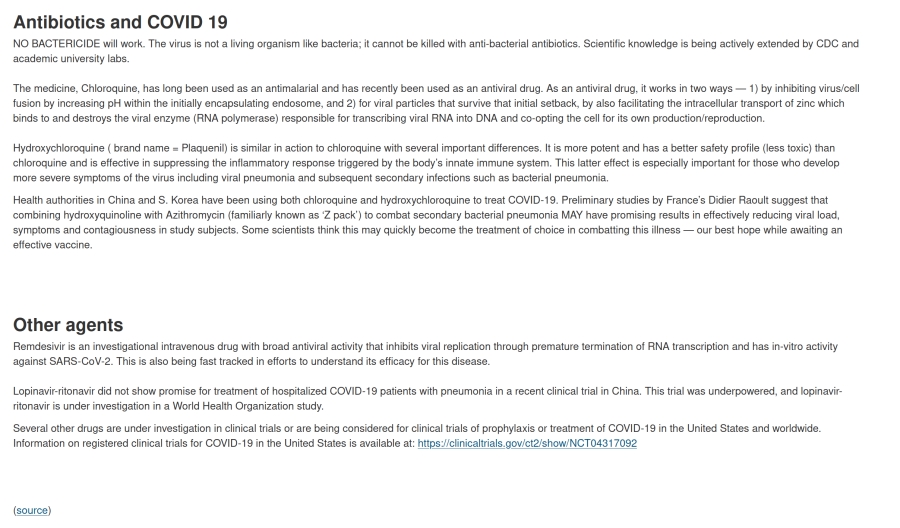A little backstory: Llamas aren't exactly strangers to the fight against viruses. Scientists have previously studied llama antibodies for their effectiveness against HIV and influenza viruses. And prior to the coronavirus pandemic, back in 2016, the same researchers of the newest study had already begun looking to llamas for antibodies that could neutralize or essentially prevent replication of different types of coronaviruses—specifically MERS and SARS—Dr. Jason McLellan, a structural virologist at the University of Texas at Austin, recently told The New York Times. The researchers were writing up the results of that study—which found that two different antibodies could fight SARS and MERS separately—when the novel coronavirus, SARS-CoV-2, began making news in January. In testing the new coronavirus in cell cultures, researchers found those same llama antibodies could also neutralize SARS-CoV-2.
This sounds like good news—and it could very well lead to developments in the global fight against COVID-19—but what does it mean, exactly?
In general, "antibodies are small, Y-shaped structures that attach themselves to pathogens like coronavirus and make it easy for our defense cells to find them," Waleed Javaid, MD, director of infection prevention and control at Mount Sinai Downtown in New York City, tells Health. (Dr. Javaid was not involved in the new llama research.) In other words, antibodies alert your body to danger from bacteria and viruses, thus communicating to your body to kill off those dangerous pathogens.
Antibodies have been front-and-center lately due to COVID-19. The most important antibodies, in relation to the new coronavirus, target the coronavirus's spike (S) proteins, which are responsible for cell entry (they bind to the human cell receptors and allow the genetic material of the virus to enter human cells and begin infection). When an antibody binds to that spike protein, it can (hopefully) block infection. This is why antibody testing is so important right now—by testing for coronavirus antibodies, doctors are able to see if you've been exposed to the virus. In theory, those who have been exposed to the virus (and whose bodies have made antibodies) should be somewhat immune to it, though right now researchers don't know how much immunity coronavirus antibodies provide, or how long it may last.
Still wondering how llamas come into play? While humans only produce one type of antibody to fight viruses, llamas produce two—one that is similar in size to those found in humans, and one that is smaller and potentially better able to recognize and attack the COVID-19 virus. "They were able to find small antibodies [that are] a little more precise for the coronavirus,” says Dr. Javaid. “They think [those antibodies] might be more beneficial” than our own. Those smaller antibodies can then access smaller pockets and crevices in spike proteins that typical human antibodies cannot, ultimately allowing them a better chance at neutralizing the coronavirus. In addition to that, one of the study's other authors, Xavier Saelens, PhD, a molecular virologist at Ghent University in Belgium, told The New York Times that llama antibodies are also easily manipulated, meaning they can be fused with other human antibodies and remain stable.
So far, all we really know about these llama antibodies is that they can effectively neutralize the new coronavirus in cell cultures—but the researchers are hopeful that they could potentially be used as a prophylactic (preventative) treatment to provide short-term, temporary protection to essential workers, like those in healthcare settings. Still, research regarding llama antibodies and potential treatments is very new. "This is all theoretical," warns Dr. Javaid, who adds that it's still unclear if it's even safe to use these llama antibodies on humans. “Even it becomes mainstream, it will still have to go through the same testing as we do for drugs,” Dr. Javaid says, explaining that it will have to be approved as both safe and efficient. “It might take months."
Despite all the unknowns in terms of llama antibodies as a potential treatment for COVID-19, the new research still goes to show that scientists and doctors are trying everything to try to stop the spread of the coronavirus pandemic.
The information in this story is accurate as of press time. However, as the situation surrounding COVID-19 continues to evolve, it's possible that some data have changed since publication. While Health is trying to keep our stories as up-to-date as possible, we also encourage readers to stay informed on news and recommendations for their own communities by using the CDC, WHO, and their local public health department as resources.












